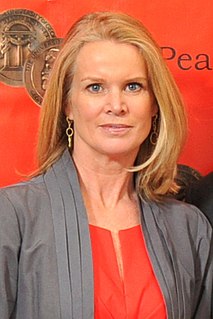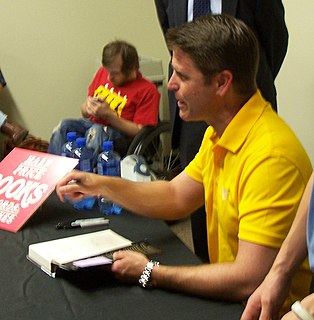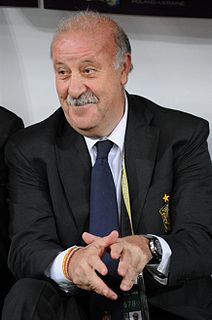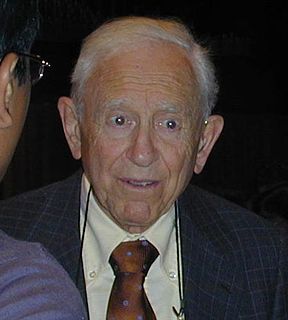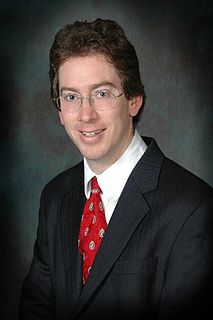A Quote by Katty Kay
Policy makers have plainly failed both here in the United States and in Europe as well. People who have suffered because of that. And when they say, "Throw out economists, we don't trust economists anymore," you can totally understand why.
Related Quotes
The reason socialism has failed around the world every time it's been tried is because people in socialist countries have looked at the United States and have said if they can have it that good, we can. It's a failed, flawed ideology, but if you ask socialists why it's always failed, it's because the United States has stood in the way.
I cannot disagree with you that having something like 500 economists is extremely unhealthy. As you say, it is not conducive to independent, objective research. You and I know there has been censorship of the material published. Equally important, the location of the economists in the Federal Reserve has had a significant influence on the kind of research they do, biasing that research toward noncontroversial technical papers on method as opposed to substantive papers on policy and results
What's going to be hard for the United States is that our policy for a long time has been a two-state solution; the Palestinians should have their own state. Now, the Palestinians are going to the U.N. and saying, 'We're having the U.N. vote to say we have our own state. Well, if that's your policy, United States of America, why are you vetoing it?' Which we will do.
There is a small minority of well-educated people with relatively sensible views on economics, and an extremely tiny minority of economists with highly sensible views. Then there's everybody else. ... To win, a politician needs to please the median voter. It makes little difference if a few thousand economists think you a fool.
